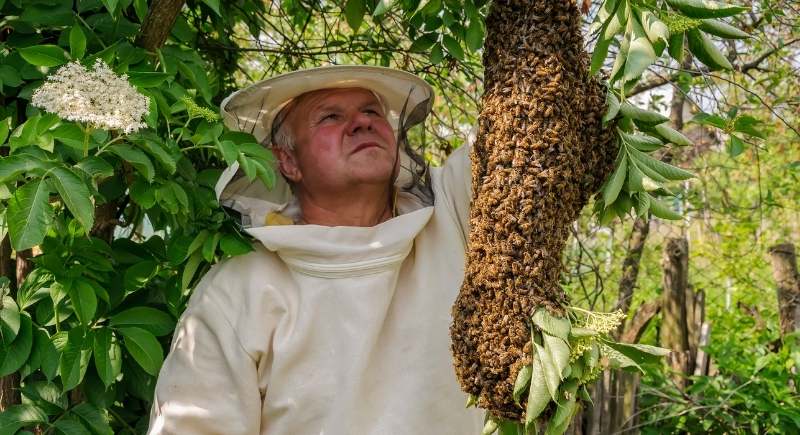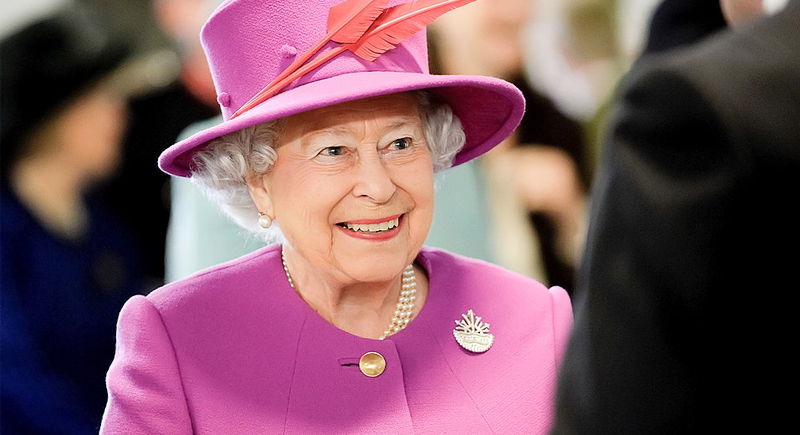Why Did Our Ancestors Believe You Had to Tell the Bees When Someone Died?
Have you ever come across the strange idea that you must “tell the bees” when someone in the family passes away? This belief has been around for centuries, as many cultures once saw bees as much more than just hardworking little creatures that produced honey – they were considered an integral part of the household.

Image via Getty Images/Kosolovskyy
If bees weren’t told about a death in the household, people believed the hive could suffer. Work might stop, swarms might leave, or the colony might collapse. The idea sounds unusual now, but in earlier times, it was taken seriously and tied to how families understood their reliance on the natural world.
Folklorists traced the customs in Britain, France, Germany, and later parts of the United States. Its presence across so many regions shows how closely bees were bound to daily life, not only as honey producers but as creatures thought to share in the family’s fate. Why they carried that role is harder to pin down, but it reflects a long history of seeing bees as more than ordinary livestock.
The History and Symbolism Behind Telling the Bees
The custom of telling the bees dates back hundreds of years and is rooted in folklore, especially in rural communities where beekeeping was a vital part of daily life. The tradition goes beyond simply informing the bees of a death; there were rituals to ensure that the bees remained part of the family and contributed to the household’s well-being.
One common practice was to drape a black cloth over the hives, which indicated mourning. In some cases, a beekeeper would even speak to the bees to convey the news of the deceased person’s passing. Others would place a piece of funeral bread near the hive, further marking the significance of the event.
The link between bees and death reaches back to ancient belief. Egyptians saw them as messengers of the gods, carrying word between the living and the dead. In medieval Europe and later in Christian thought, bees were taken as symbols of the soul, admired for their labor and devotion to the hive. Writers such as Saint John Chrysostom held them up as examples of sacrifice and virtue.
Since they were regarded as spiritual creatures that bridged the human and divine realms, it was important to inform them of significant life events, particularly a death.
Keeping the Tradition Alive

Image via Wikimedia Commons/Joel Rouse
Some beekeepers still keep to the old habit of speaking to their hives. It shows up less as superstition now and more as a mark of respect. When Queen Elizabeth II died in 2022, her hives at the palace were formally told of her passing, a reminder that the practice has not disappeared. For those who continue it, the act carries weight: it ties them to earlier generations and to a view of the world where every creature, even the bees in the yard, had a share in the family’s story.